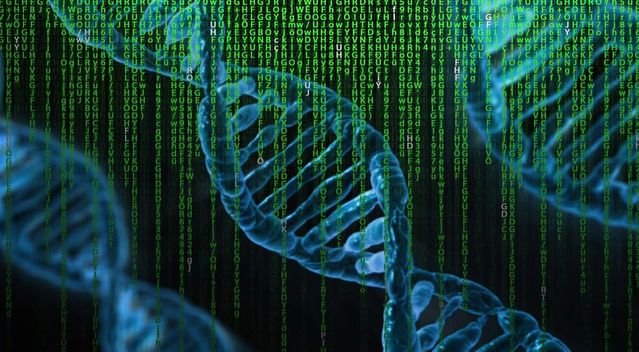Mention artificial intelligence (AI) or artificial neural networks, and images of computers may come to mind. AI-based pattern recognition has a wide variety of real-world uses, such as medical diagnostics, navigation systems, voice-based authentication, image classification, handwriting recognition, speech programs, and text-based processing. However, artificial intelligence is not limited to digital technology and is merging with the realm of biology—synthetic biology and genomics, to be more precise. Pioneering researchers led by Dr. Lulu Qian at the California Institute of Technology (Caltech) have created synthetic biochemical circuits that are able to perform information processing at the molecular level–an artificial neural network consisting of DNA instead of computer hardware and software.
Artificial intelligence is in the early stages of a renaissance period—a rebirth that is largely due to advances in deep learning techniques with artificial neural networks that have contributed to improvements in pattern recognition. Specifically, the resurgence is largely due to a mathematical tool that calculates derivatives called backpropagation (backward propagation)—it enables artificial neural networks to adjust hidden layers of neurons when there are outlier outcomes for more precise results.
Artificial neural networks (ANN) are a type of machine learning method with concepts borrowed from neuroscience. The structure and function of the nervous system and brain were inspiration for artificial neural networks. Instead of biological neurons, ANNs have artificial nodes. Instead of synapses, ANNs have connections that are able to transmit signals between nodes. Like neurons, the nodes of ANNs are able to receive and process data, as well as activate other nodes connected to it.

question is whether this dna a.i. can create arbitrary nano-structures. Can it do nano-chemistry? And maybe bootstrap itself to faster molecular assembly?
Can it make nano-manufacturing happen?
One should further note that proteins are considered soft-nanotech, but DNA is softer than even proteins. Protein-nanotech has made plenty of ground recently to be used for self-assembly into nano-structures that can perform mechano-chemistry.